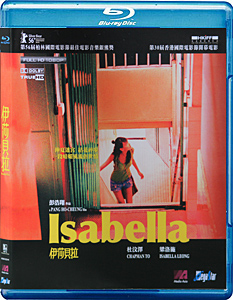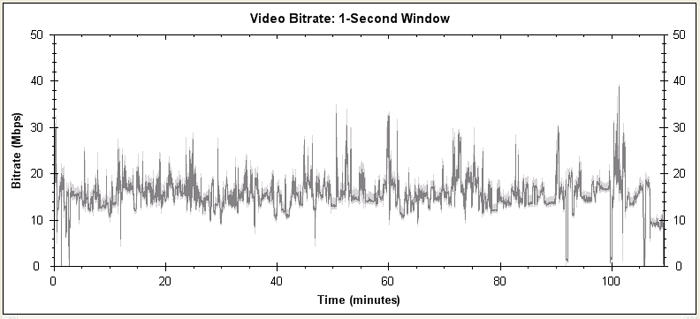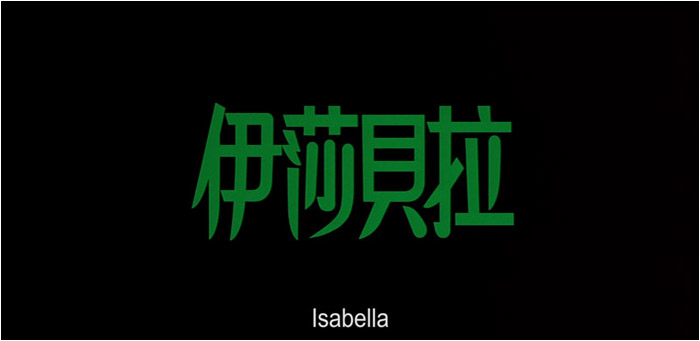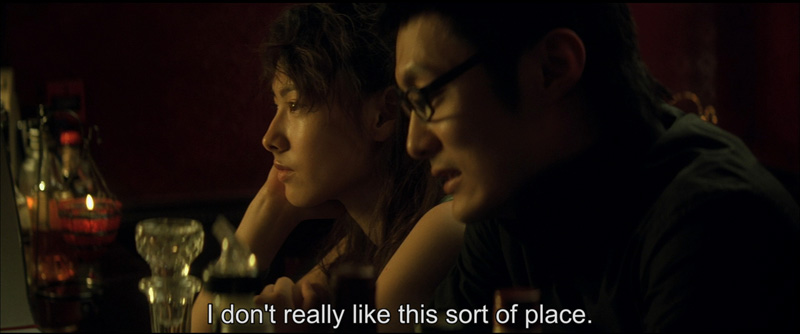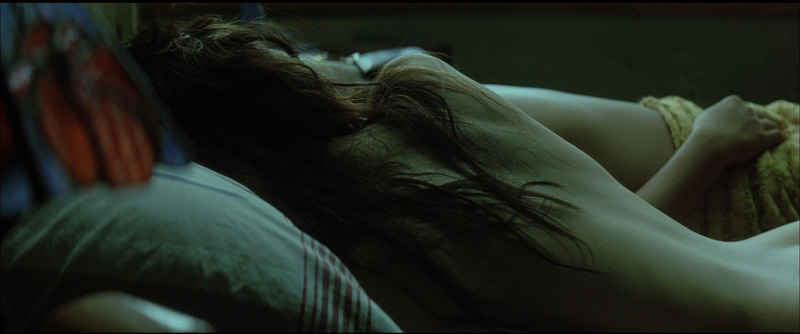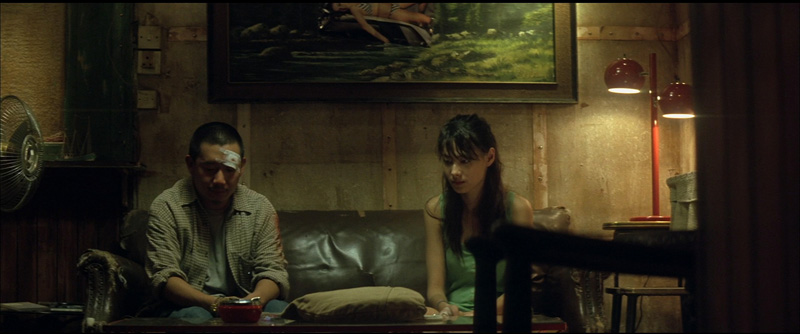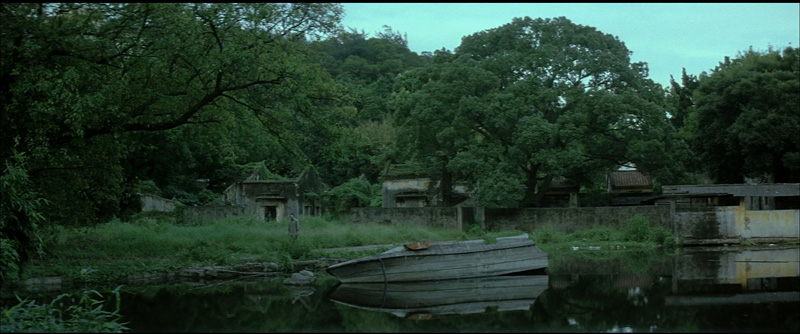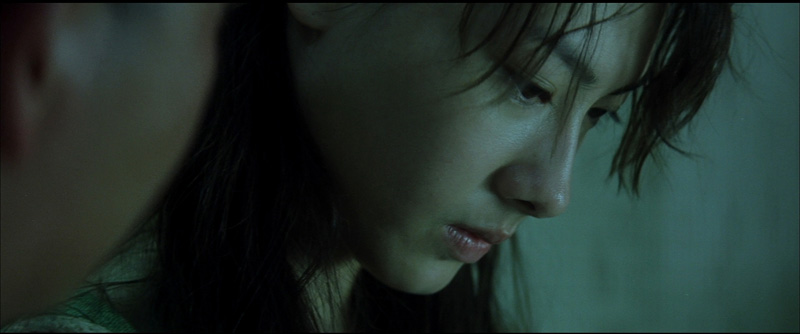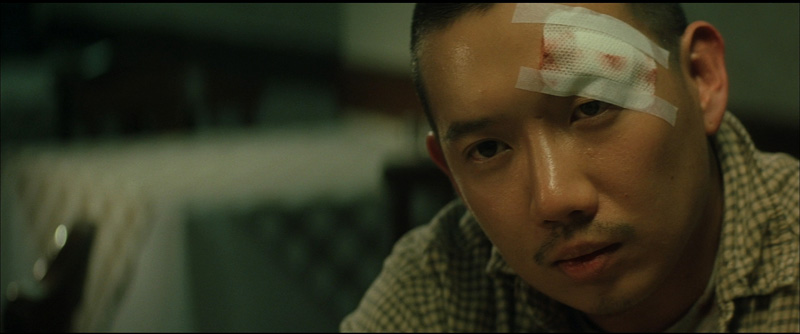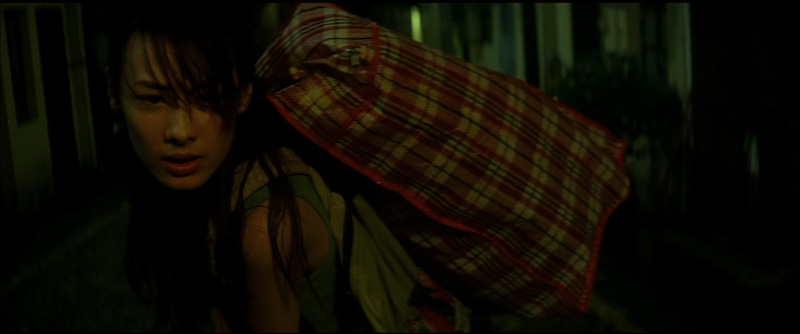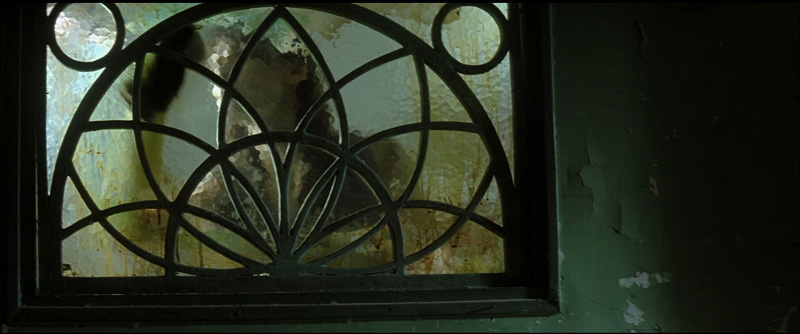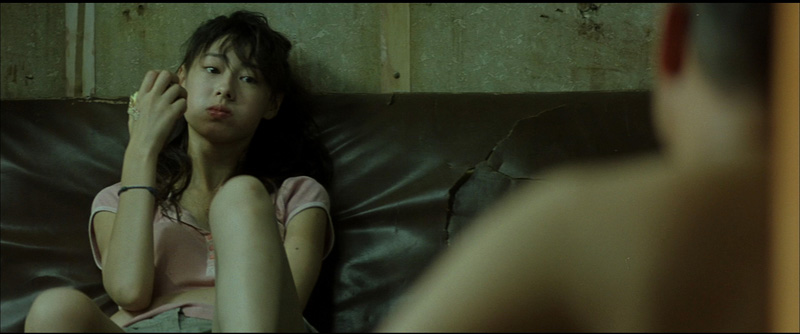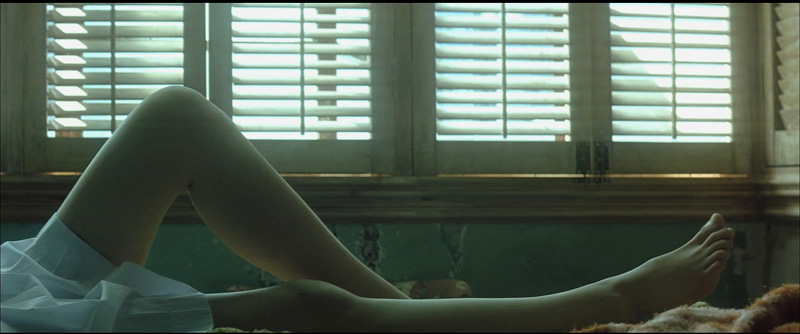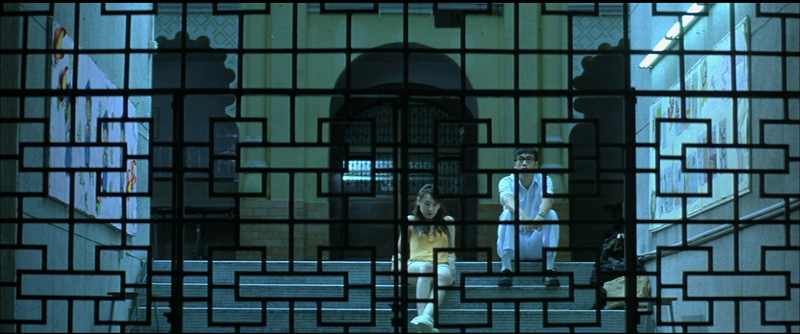Review by Leonard Norwitz
Studio:
Theatrical: Not Brothers
Blu-ray: MegaStar (Hong Kong)
Disc:
Region: FREE!
(as verified by the
Momitsu region FREE Blu-ray player)
Runtime: 1:49:21.000
Disc Size: 24,150,507,838 bytes
Feature Size: 21,026,260,992 bytes
Video Bitrate: 15.49 Mbps
Chapters: 20
Case: Standard Blu-ray case
Release date:
June 9th, 2009
Video:
Aspect ratio: 2.35:1
Resolution: 1080p / 24 fps
Video codec: MPEG-4 AVC Video
Audio:
Dolby TrueHD Audio Chinese 5125 kbps 7.1 / 96 kHz / 5125
kbps / 16-bit (AC3 Core: 5.1 / 48 kHz / 640 kbps)
Dolby Digital Audio Chinese 640 kbps 5.1 / 48 kHz / 640 kbps
Dolby Digital Audio Chinese 640 kbps 5.1 / 48 kHz / 640 kbps
Dolby Digital Audio Chinese 224 kbps 2.0 / 48 kHz / 224 kbps
Dolby Digital Audio Chinese 224 kbps 2.0 / 48 kHz / 224 kbps
Dolby Digital Audio Chinese 224 kbps 2.0 / 48 kHz / 224 kbps
Subtitles:
English, Chinese (traditional and simplified), none
Extras:
• Audio Commentary by Actor & Producer Chapman To & Isabella
Leong
• Audio Commentary by Director Pang Ho-Cheung and Composer Peter
Kam
• Audio Commentary by Cinematographer Charlie Lam &
Screenwriters Derek Tsang, Jimmy Wan & Kearen Pang
• Making of – in SD (14:10)
• Interview with Isabella Leong – in SD (13:17)
• Deleted Scene – in SD (4:47)
• Trailer – in HD
The Film:
8
Time shifting, so much a part of Isabella's architecture, is
announced subtly by the first line, "Your eyes remind me of my
first girlfriend." It is spoken by Shing (an unlikely Chapman
To), to a teenage girl (teenage pop singer turned actress,
Isabella Leong), evidently as a pick-up. This single line of
dialogue contains all the motivic germs for the story that
unfolds, prior to and following this moment. At this point, the
camera frames both their faces tightly and we do not know
anything about their identities or relationship to one another.
In a context of increasing corruption of Macau police, it is a
curious coincidence that Shing is himself a detective and Yan,
his daughter, a fact, we learn later. that at this point is
known only to her. In the very next shot we see Yan distantly
framed, dressed in a typical schoolgirl's outfit, followed by a
shot of Shing in close-up, his forehead bandaged, leaning
mindlessly against a slot machine. Do these second and third
shots occur in time before or after the first shot, or are they
meant to be merely a metaphor of a change in their relationship
to come? Perhaps all of the above.
Isabella is a film that demands its audience pay attention, not
that we are likely to understand the implications or the place
in the time line of every shot or line of dialogue during its
first act. Set in Macau in 1999 during the transition from
Portuguese to Chinese rule, Shing is a fairly miserable person,
a cop bored with his life consisting largely of drinking to
drunkenness and bedding any girl who says yes. As Yan explains
to him so eloquently when asked how she could let him "screw"
her knowing he was her father: "You sleep with every girl you
meet, sooner or later you would get around to your daughter."
Shing, we might divine from the opening line, is consumed by the
memory of his first love, a girl he left pregnant. Yan hasn't
much going for her either. Her mother had only just died a few
months earlier of cancer, and while she attends school and
receives the attention of boys, Yan is lonely and misses her
mother desperately. She is four months behind in her rent and
her landlord has locked her out of her flat, but not before
letting out her dog, Isabella, as soon as her back was turned.
Though kept largely I the background, the search for Isabella is
a significant piece of what follows.
The story, as you might expect, is about how such misfits come
to find something of a relationship following their remarkably
atypical start – incest being a subject that is not far from
Yan's and Shing's minds, and sometimes even closer to Yan's
heart. Isabella, whose photography is credited to Charlie Lam (Cheut
ai kup gei, One Last Dance), echoes Christopher Doyle, not least
in its partiality to green filtering. Thematically we feel a
sympathy for the work of Wong Kar Wai. The movie is, if nothing
else, fascinating to look at with its alternating warm and cool
saturated hues and off-kilter framings of a city in ruin. Peter
Kam's sweetly contrary music won the Berlin Silver Bear in 2006.
If some of its Western themes sound familiar, you might recall
the shape of the melodies from the movie he scored just prior to
this one, Perhaps Love.
Isabella enjoys a certain cryptic narrative style and prefers to
state its story in cinematic terms as much as possible, even if
the text is ambiguous at the moment. We aren't told explicitly
what Shing's young girlfriend (soon to be Yan's mother) is about
to do when he says to her that he will wait for her. The
girlfriend, as usual, says nothing. We aren't even told where
she is. But from what we know of the story so far we might guess
that he is expecting her to have an abortion, which, obviously,
she doesn't. It's that kind of a movie.
Image:
6/7
NOTE:
The below
Blu-ray
captures were taken directly from the
Blu-ray
disc.
The first number indicates a relative level of excellence
compared to other Blu-ray video discs on a ten-point scale. The
second number places this image along the full range of DVD and
Blu-ray discs.
The actual projected aspect ratio is closer to 1:2.43 – a
non-issue, really. The image is fairly blemish-free (a few
specks here and there) and, while free of transfer artifacts
(except for rare and faint edge enhancement), it remains soft,
never permitting the viewer to get a firm grip on facial or
object textures. This is almost certainly as it is meant to be,
and to that extent the image is a faithful representation of the
best theatrical experience. Noise is minimal despite deep
shadows. My score indicates that the Blu-ray would not be
considered demo material for your high def system even if it is
accurate in an absolute sense.
CLICK EACH
BLU-RAY
CAPTURE TO SEE ALL IMAGES IN FULL 1920X1080 RESOLUTION
Audio & Music:
7/8
The audio mix is clear enough, with dialogue rendered in proper
size and shape. Even though not a Cantonese speaker, I feel I
can make out what is said and how it is nuanced, even when
whispered or drunkenly mumbled. Surrounds are used subtly and
effectively for ambiance, getting the various indoor spaces just
right. There is the occasional locational cue, but generally the
audio is passive, as is Pang Ho-Cheung's direction. The music is
eloquently projected.
Operations:6
The subtitles are clearly expressed in white, placed
unobtrusively at the bottom of the frame. The translation is, by
and large, in idiomatic English with few usage errors. However
there are obvious attempts to clean up the language. Given such
streetwise characters it is highly unlikely that "screw" is a
word that would come to mind, let alone be spoken. It ruins the
mood so carefully set up by the filmmakers. The bilingual menu
design is intuitive and easy to use.
Extras:
5
Sad to report that none of the extra features have English
subtitles. The big losses for us western monolinguals are three
(count them!) audio commentaries and the thirteen minute
interview with Isabella Leong, whose performance here garnered
critical acclaim and a couple of international acting awards.
The commentaries are hosted by different pairings
(actor/producer, director/composer
cinematographer/screenwriters) each with their unique take on
production. I would be tempted to purchase the title again just
for a translation.
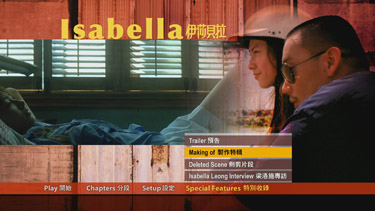 |
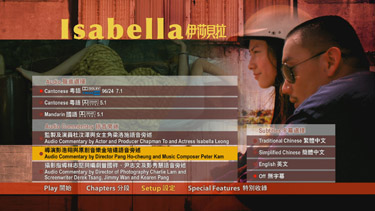 |
 |
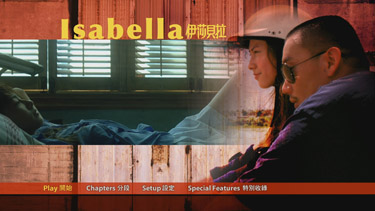 |
Bottom line:
8
Even though the title character and lead actress share the same
name, the movie should not be construed to be biographical. A
curious coincidence, perhaps. In any case Isabella is some
distance from the usual film from Hong Kong or China that makes
its way to the West. Triads, police action, gunplay and martial
arts take a back seat to a film with more nuanced sensibilities,
superbly acted by its stars and supporting players. The film has
more in common with the Wong Kar Wai in that it dwells on how
past attachments insert their way into new relationships. Both
directors appreciate the nuance of unrequited love and guilt,
especially that of inaction. Isabella is a worthy film, given a
respectable life on Blu-ray. Too bad about the lack of English
subtitles on the Extra Features, but that shouldn't deter a
purchase.
Leonard Norwitz
February 11th, 2010
![]()
![]()

![]()
![]()

![]()
![]()

![]()
![]()
